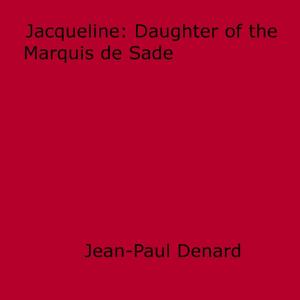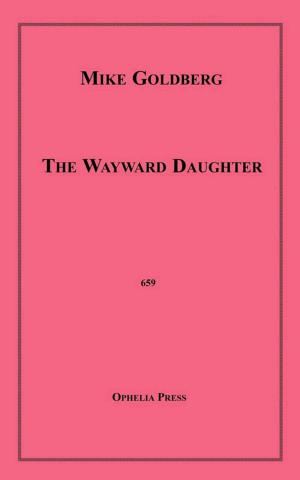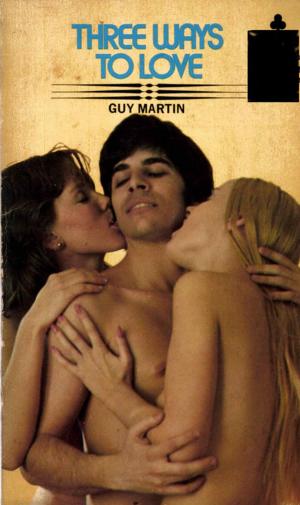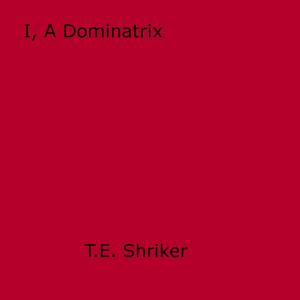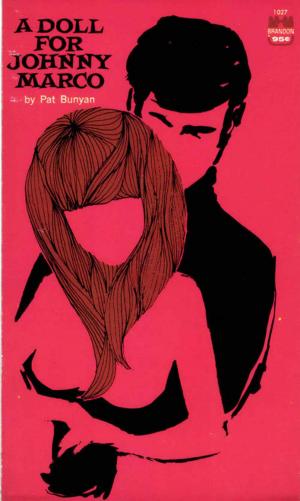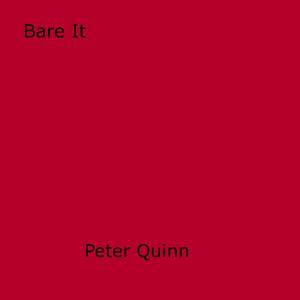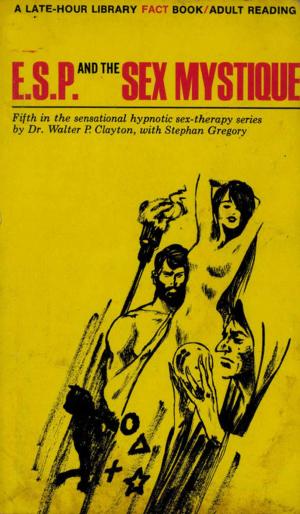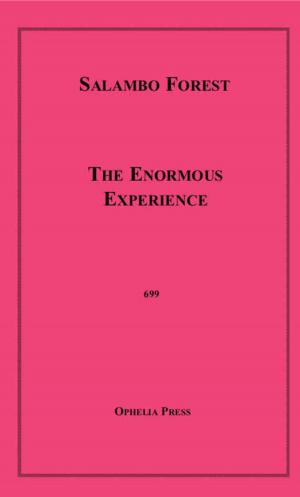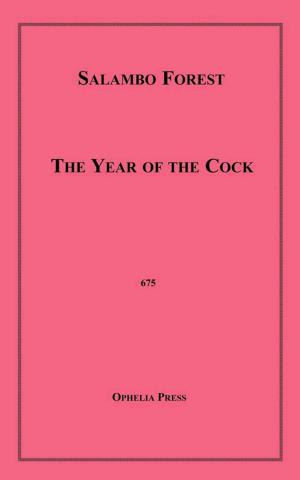| Author: | Dennis Lord | ISBN: | 9781626573987 |
| Publisher: | Disruptive Publishing | Publication: | March 26, 2013 |
| Imprint: | Disruptive Publishing | Language: | English |
| Author: | Dennis Lord |
| ISBN: | 9781626573987 |
| Publisher: | Disruptive Publishing |
| Publication: | March 26, 2013 |
| Imprint: | Disruptive Publishing |
| Language: | English |
There is nothing contradictory about the fact that Jane Eyre is a brilliant feminist document, long before its day, and its heroine a willing sexual submissive. In this Jane merely doubles for literal political emancipators like Rose Luxemburg to come. Jane is fascinated by Rochester's physicality--his amatory adventures in other countries would today be recounted in undoubtedly repellent detail--and desires to submit to him, yet her rational side revolts. No one of Jane Eyre's intelligence could allow feminine subservience in the political sphere, and it is for this very reason that she so cherishes it in the sexual. "My bride is here," Rochester tells her in the proposal scene, "because my equal is here, and my likeness. Jane, will you marry me?" Later he remarks, "Jane, by-the-by, it was you who made me the offer." She readily admits as much--"Of course, I did." We may now go further into the tormented fantasy of this extraordinary family, with the discovery in a house not far from Haworth of the papers that follow. We have arranged them in two volumes: those dealing with what was called in the famous novel Lowood School forming the first, those depicting Jane's ultimate conquest of Rochester at Thornfield being relegated to the second.
There is nothing contradictory about the fact that Jane Eyre is a brilliant feminist document, long before its day, and its heroine a willing sexual submissive. In this Jane merely doubles for literal political emancipators like Rose Luxemburg to come. Jane is fascinated by Rochester's physicality--his amatory adventures in other countries would today be recounted in undoubtedly repellent detail--and desires to submit to him, yet her rational side revolts. No one of Jane Eyre's intelligence could allow feminine subservience in the political sphere, and it is for this very reason that she so cherishes it in the sexual. "My bride is here," Rochester tells her in the proposal scene, "because my equal is here, and my likeness. Jane, will you marry me?" Later he remarks, "Jane, by-the-by, it was you who made me the offer." She readily admits as much--"Of course, I did." We may now go further into the tormented fantasy of this extraordinary family, with the discovery in a house not far from Haworth of the papers that follow. We have arranged them in two volumes: those dealing with what was called in the famous novel Lowood School forming the first, those depicting Jane's ultimate conquest of Rochester at Thornfield being relegated to the second.

